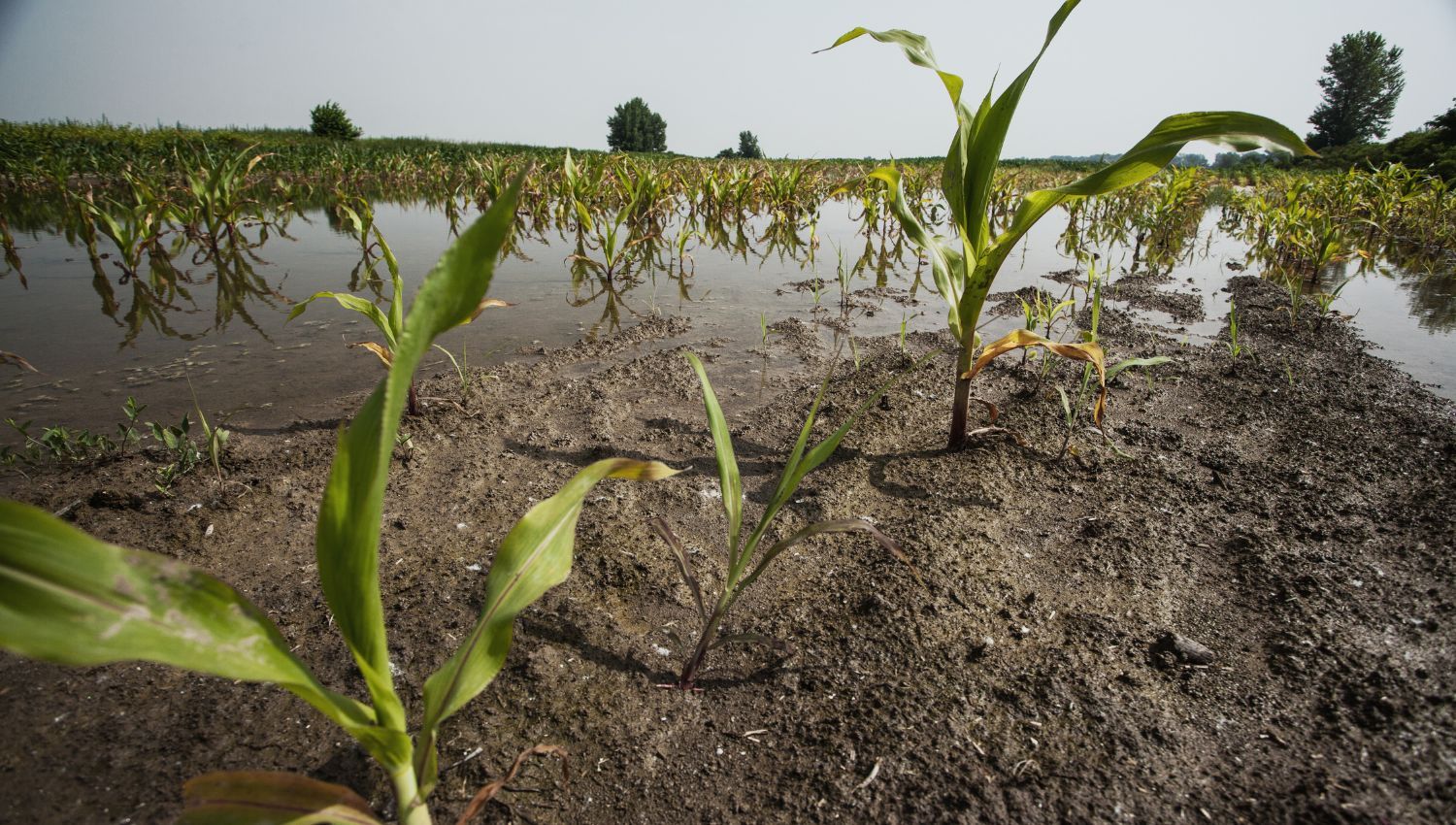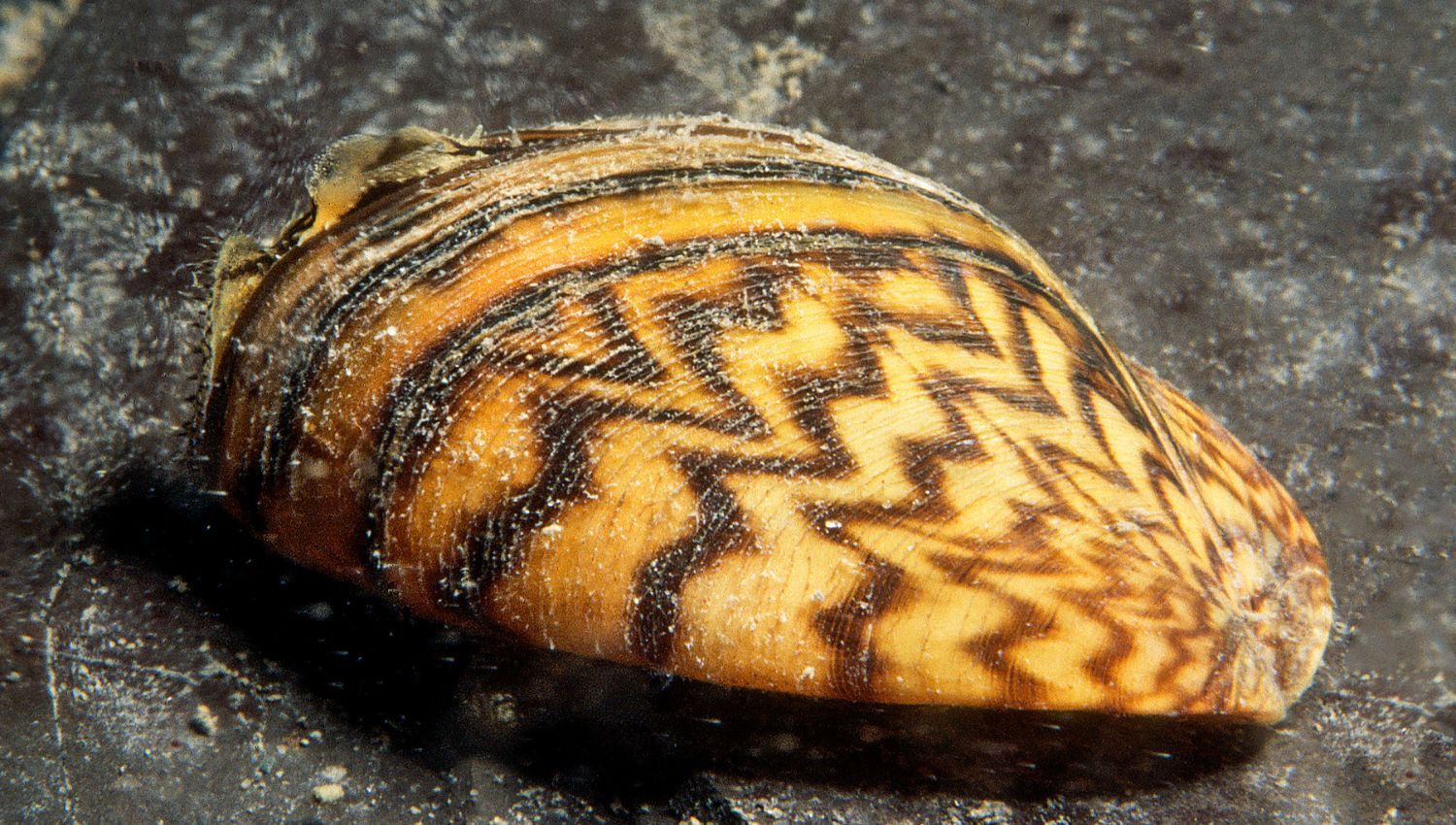|  | | 13 Beaches with an E. coli Advisory:
Backbone Beach (Dundee, Delaware County, IA)*
Beed’s Lake Beach (Hampton, Franklin County, IA)*
Bobwhite State Park (Allerton, Wayne County, IA)*
Denison Beach (Black Hawk Lake, Lake View, Sac County, IA)*
Lake Ahquabi Beach (Indianola, Warren County, IA)*
Lake Darling Beach (Brighton, Washington County, IA)*
Lake Manawa Beach (Council Bluffs, Pottawattamie County, IA)*
Lake of Three Fires Beach (Bedford, Taylor County, IA)*
Lewis and Clark Beach (Blue Lake, Onawa, Monona County, IA)*
Nine Eagles Beach (Davis City, Decatur County, IA)*
Pleasant Creek Lake Beach (Palo, Linn County, IA)*
Prairie Rose Beach (Harlan, Shelby County, IA)*
Union Grove Beach (Gladbrook, Tama County, IA)* 2 Beaches with a Microcystin Advisory
Lake Darling Beach (Brighton, Washington County, IA)*
McIntosh Woods Beach (Clear Lake, Ventura, Cerro Gordo County, IA)* 5 City and County Beaches exceed the state’s advisory threshold for E. coli.*
(City and County beaches do not report levels of algal toxins)
View the map on our website to see where. Note: Monitoring has been suspended at Lake Keomah due to renovation activities. *Data from the Iowa DNR State Park Beach Monitoring Program
**Data from the U.S. Army Corps of Engineers, Rock Island District |
|
|
| Tools and Resources for Private Well Testing |
|
|
| While public water utilities have been forced into the spotlight over the past few weeks for concerns over nitrates, Iowa's roughly 300,000 private well users are in the dark. How can someone with a private well be sure their drinking water is safe? Under the Safe Drinking Water Act, the EPA sets drinking water standards for public water systems, which are defined as systems that have at least 15 connections or serve at least 25 people for 60 days of the year. Those regulations do not apply to private wells. Therefore, people who use private wells for their water supply may be at a greater risk of drinking water exceeding health-based standards. Fortunately, the Iowa Department of Health and Human Services offers a Private Well Grants Program to address pollutants affecting Iowan's tap water. These grants are distributed to local county health departments to provide financial assistance to their residents for private water well services. According to the program website, grants can cover the following activities: - Water tests to ensure that private well water is safe to drink
- Well closure to ensure that abandoned wells do not cause groundwater to become contaminated
- Well reconstruction or repair to bring the well up to current standards
The Iowa Department of Natural Resources Well Testing website has a link to each local county environmental health office to help schedule testing and information about certified private well contractors, local drinking water laboratories, and standards for elevated pollutants. |
| |
|
| |  | | Reported by the Iowa Capital Dispatch, Iowa Senator Joni Ernst introduced the Restoring America's Floodplains Act this week in an effort to strengthen the authority of the U.S. Department of Agriculture (USDA) in response to flooding events. The bill involves the Emergency Watershed Protection Program, which offers technical and financial assistance to help local communities address natural disasters affecting floodplains, repair damaged infrastructure, and strengthen conservation practices. “I’ve seen firsthand the devastating impacts flooding can have on our communities in Iowa, and my heart goes out to all those who have been impacted by destructive natural disasters,” said Senator Ernst. “I’m proud to be working on a bipartisan solution to proactively reduce these impacts, that will use existing tools at no additional cost to taxpayers while also improving water quality and protecting our valuable land.” |
|
|
 | Addressing Invasive Aquatic Species Iowa lakes, rivers, and streams are home to hundreds of different fish species, turtles, and amphibians. Keeping these waterbodies free of invasive species is much simpler than removing the species after they have been introduced. Invasive species disrupt the environment, impede recreation, and damage infrastructure. When non-native species are introduced into these environments, frequently through human activity, some new species may out-compete native species by crowding out resources. To prevent invasive aquatic species from spreading, be sure to inspect your boat and equipment for hitchhikers like zebra mussels and waterweed, rinse and drain your boat after leaving the water body, and stay up to date on suspected sightings from the DNR. |
|
|
| | | |  | Cancer in Iowa Listening Sessions
Iowa has the second-highest cancer rates in the nation, and it is among only two states where cancer rates are increasing. We want to hear from you: Iowans who wish to learn more about cancer in our state, and Iowans who have been impacted by cancer. Register for a listening session near you. |
|
|
 | Drought, Deluge, and Drinking Water Webinar
Join us on July 15 as IEC and featured expert guests from the Iowa Stormwater Education Partnership, City of Clive, and Des Moines Water Works as we continue our four-part webinar series, Understanding Iowa's Changing Climate, focusing on climate resiliency and preparedness. This webinar will include information on climate change-induced precipitation swings from prolonged drought to severe floods, which also impact the concentration of water pollutants. These changes create unique challenges for Iowa communities tasked with providing safe drinking water. |
|
|
| Hear from IEC's Water Program Director
Hello, Weekly Water Watch readers! As highlighted above, IEC is hosting a webinar next week on the intersection of climate change and Iowa's water resources. I'm so excited to co-host this webinar with our Director of Climate Initiatives, Cody Smith, as we evaluate recent trends. We'll also be joined by three water experts from the Iowa Stormwater Education Partnership, the City of Clive, and Des Moines Water Works. With plenty of buzz around drinking water concerns, flash floods, and climbing beach advisories, we hope you'll join us! Register now on IEC's website. Have a wonderful weekend!
- Colleen Fowle |
|
|
| | | | Iowa Environmental Council
505 Fifth Ave., Suite 850
Des Moines, Iowa 50309-2317
515-244-1194 | iecmail@iaenvironment.org |
|
|
|
|
|